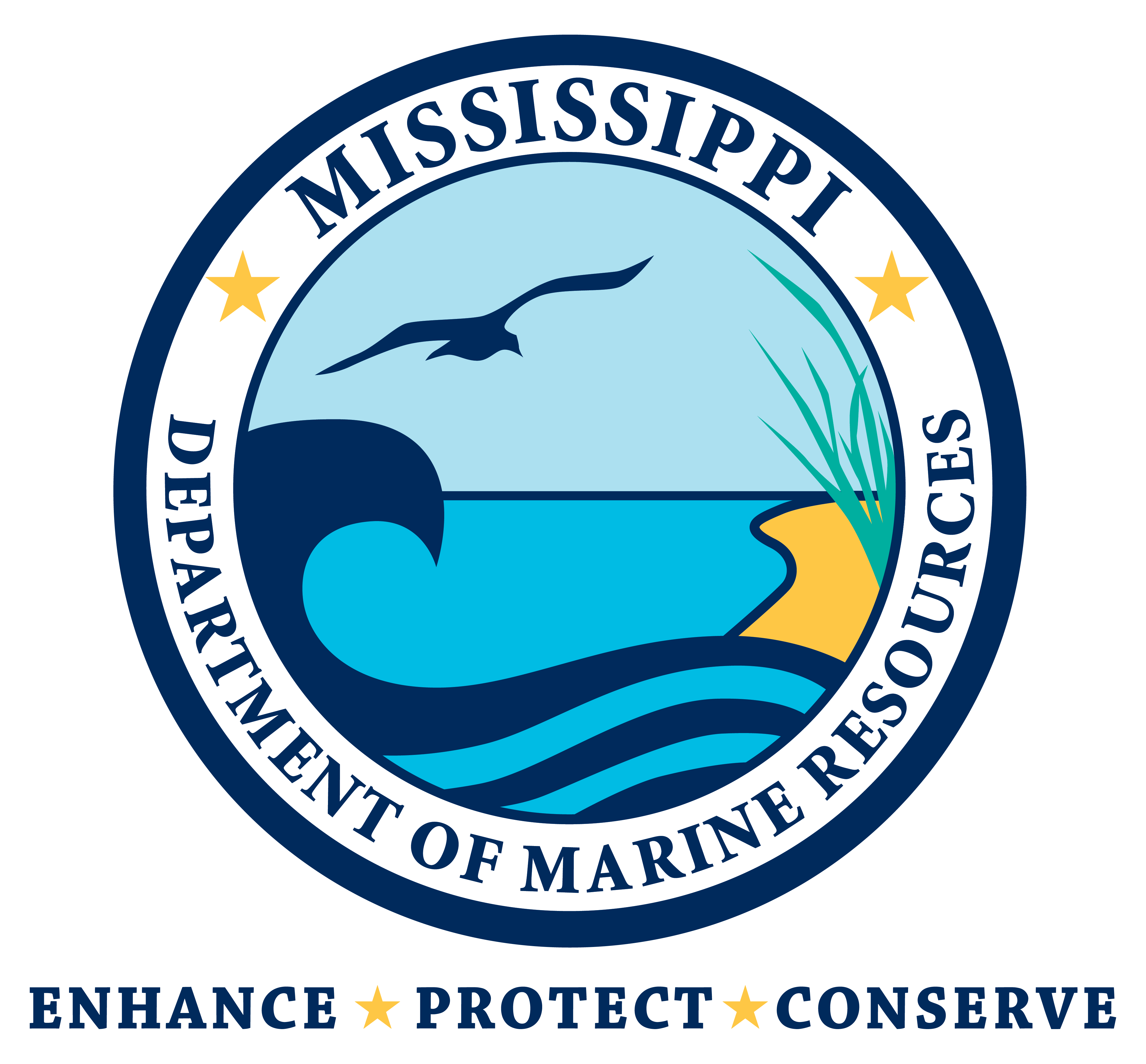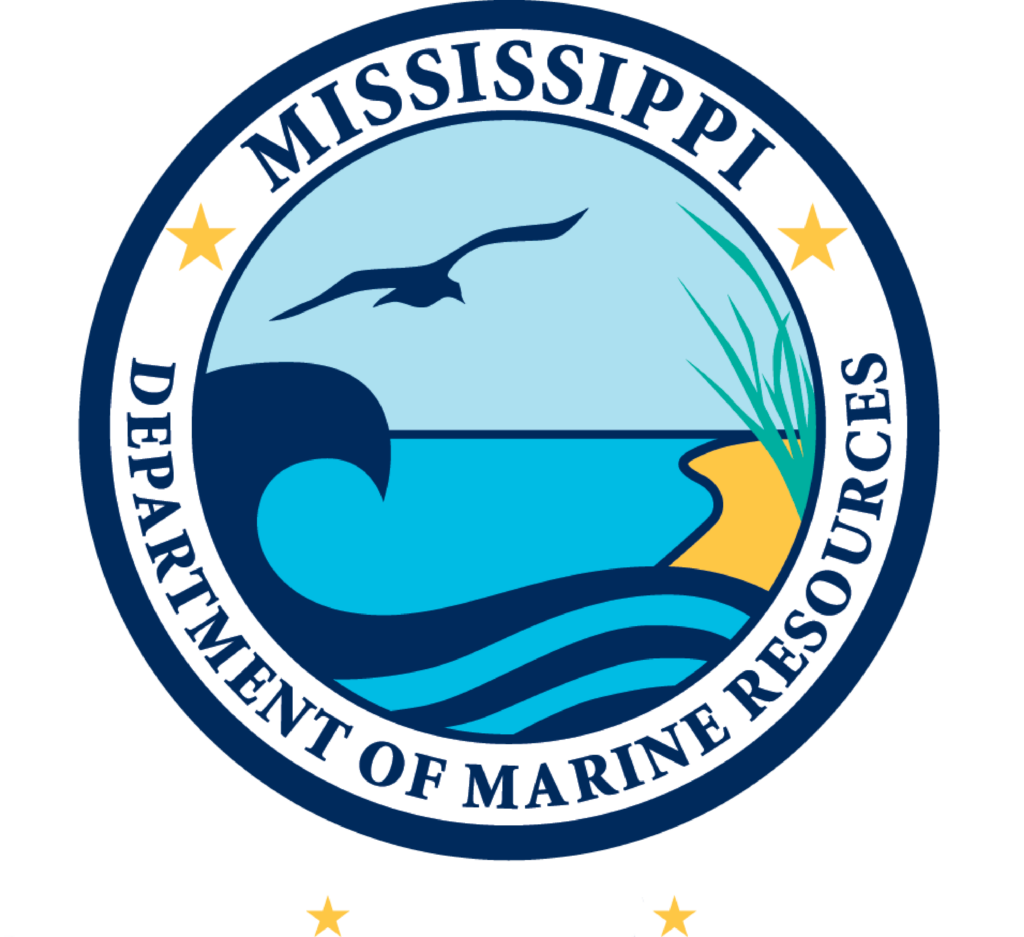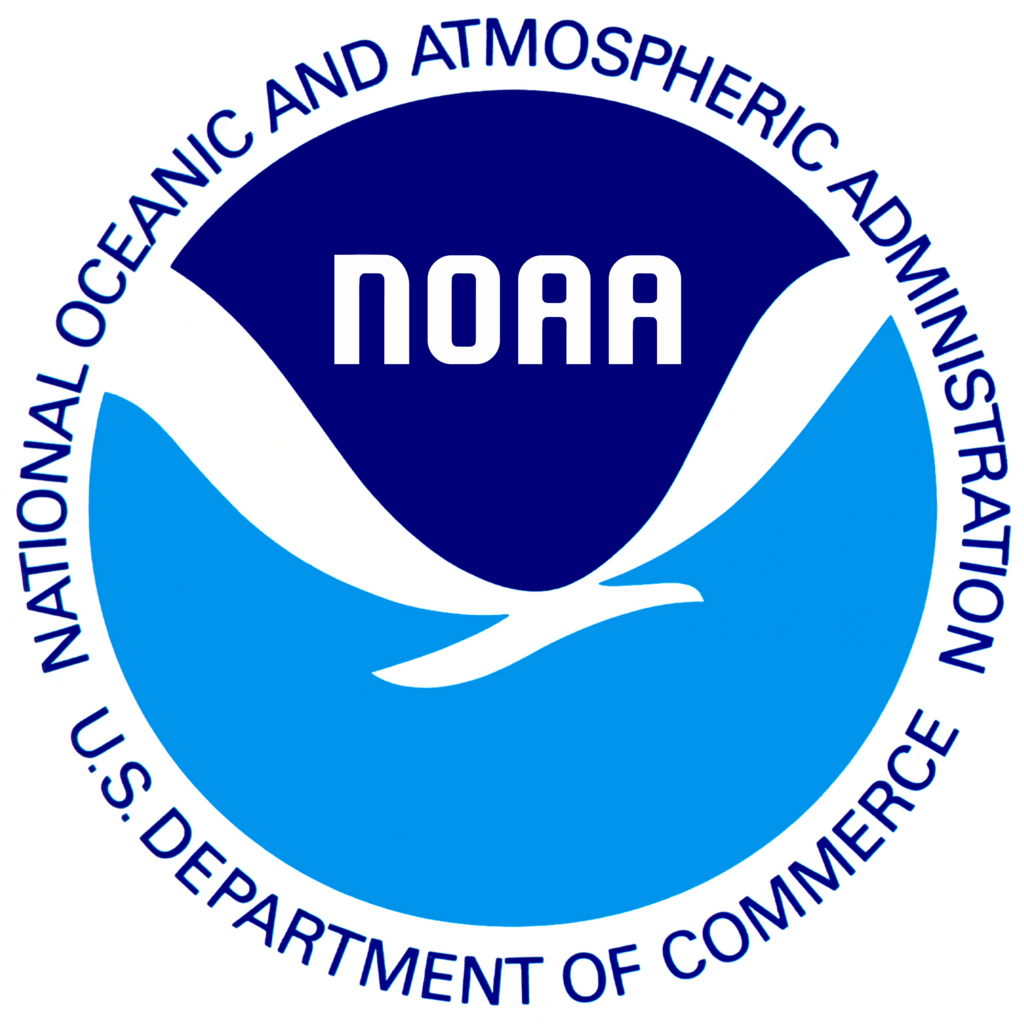Science
The Grand Bay NERR (GNDNERR) Science staff have developed several research priorities or focus areas that address critical coastal management issues for Grand Bay.
These focus areas are based in part, on several elements: increased understanding of the Grand Bay ecosystem through reserve-focused projects, monitoring and research needs and data gaps identified in the Site Profile, areas of expertise of reserve staff, opportunities for collaboration with universities, research laboratories, and government scientists, and research needs arising from the impacts of the Deepwater Horizon oil spill. While there are interests in a variety of topics, including plant ecology, phytoplankton population dynamics, nutrient inputs, ecosystem services valuation, fish nursery function, and the potential for aquaculture, the following topics are the research/management thematic priorities for the GNDNERR:
Coastal habitats are being restored throughout the northern Gulf of Mexico, and many of these efforts have well-defined end points that can be used to determine restoration success, but effectiveness monitoring is rarely conducted and/or monitoring data is not often available for synthesis. Therefore, more information on the effectiveness of restoration approaches in both upland and estuarine systems to guide future management efforts in the region is needed.
The GNDNERR marshes are affected by several ecological and physical processes, and are slowly being converted to open water, but the physical processes driving this conversion and how critical ecological functions are affected is not well understood. Therefore, studies to better understand overland flow, water circulation patterns, and sediment dynamics (e.g., erosion, transport, deposition) in the GNDNERR are needed to assess management actions with the potential to better conserve estuarine ecosystem function.
The GNDNERR has experienced impacts from contaminants (industrial spills, see Water Quality) and the waters are currently closed to oyster harvest due to fecal coliform bacteria loads in excess of acceptable levels (per the National Shellfish Sanitation Program). While some sources and problems are understood (e.g., MS Phosphates), sources of fecal contamination or the potential impacts of contaminants from other nearby sources are not well understood; therefore, better information about the sources and impacts of contaminants across the reserve are needed to develop effective mitigation strategies.
The GNDNERR is a reference site for many research studies and on-going restoration projects across the Mississippi Coast, but management questions remain specifically in terms of feral hog management, terrapin nesting success, occurrence of rare and endangered species, etc. Therefore, population distribution and ecological studies for terrestrial and aquatic vertebrates are needed to increase understanding of these species’ population dynamics in GNDNERR and allow GNDNERR to serve in its role of a reference estuary.
Due to the impacts of the Deepwater Horizon oil spill, restoration of coastal habitats is occurring throughout the northern Gulf of Mexico, and many of these efforts are expected to improve the socio-economic condition of the Gulf Coast communities as well as the environmental condition. However, few research efforts focus on ecosystem valuation in terms of the socio-economic impacts of restoration; therefore, more information is needed on how and if restoration to the local environment impacts local communities and economies.
Our Science staff consists of people working in the Research & Monitoring sector and the Stewardship sector. Check out all the work our Science staff is doing below!




